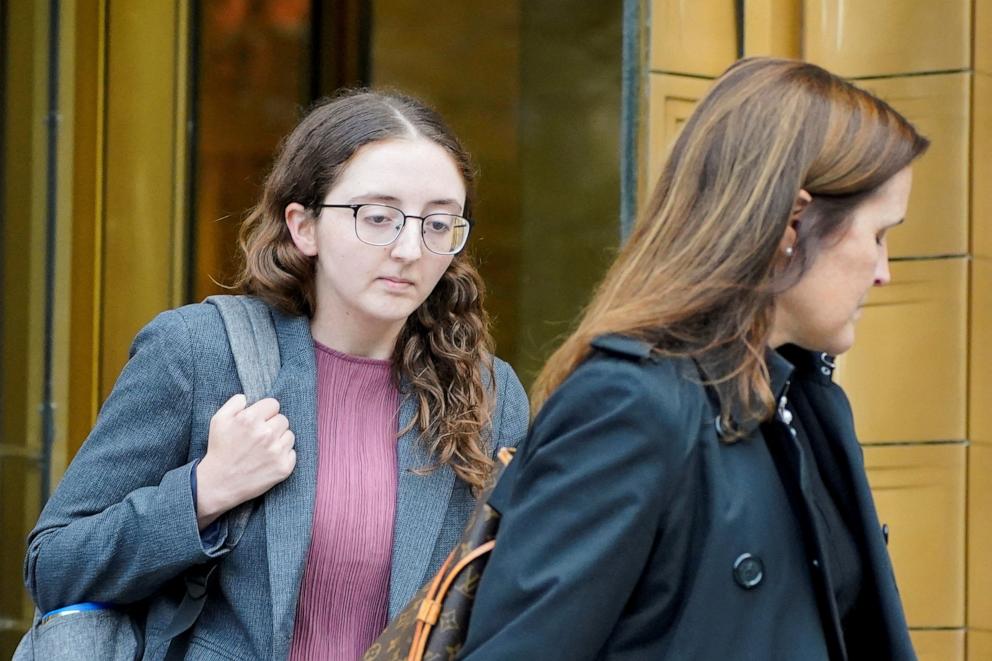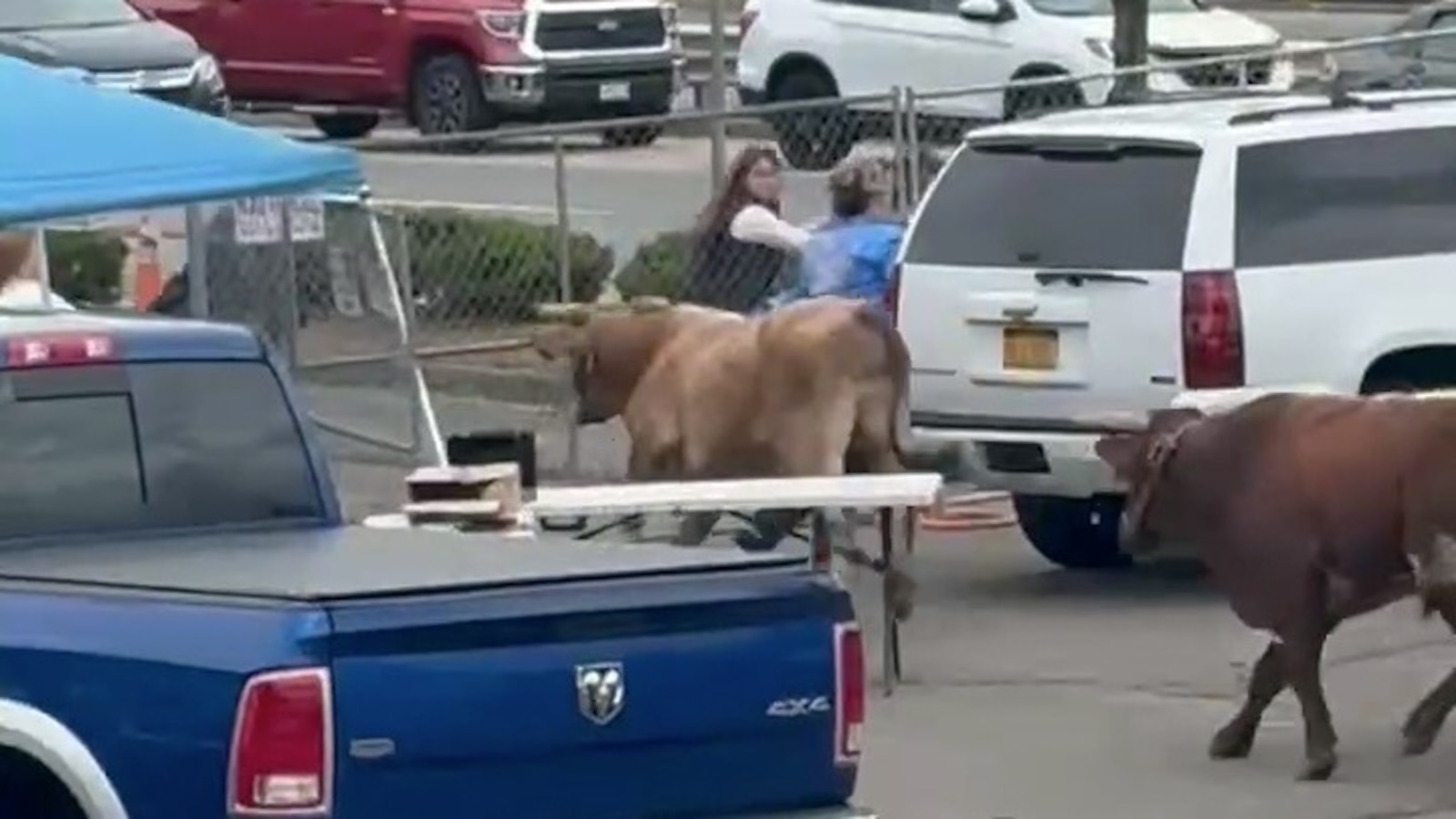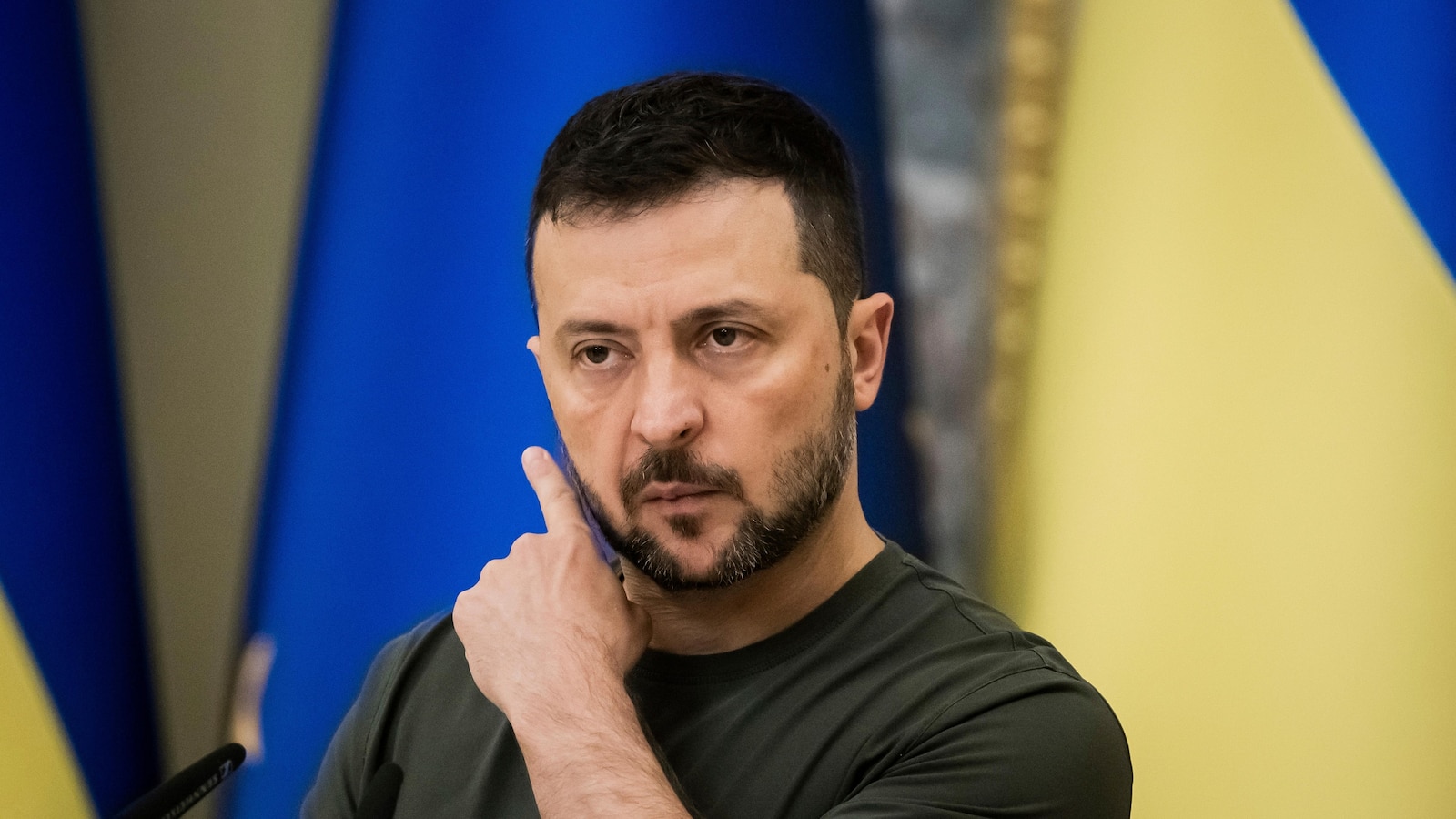
The Massachusetts State Police have suspended full-contact boxing training activities among recruits until further notice after a trainee died, a police spokesperson said.
Enrique Delgado-Garcia, 25, of Worcester, died at a hospital on Sept. 13, a day after the exercise in the boxing ring at the Massachusetts State Police Academy in New Braintree, in Worcester County, about 80 miles (130 kilometers) west of Boston.
Delgado-Garcia was wearing boxing gloves and headgear during the exercise. The medical team determined he required urgent care and took him to the hospital, where he died.
His manner and cause of death have not been released. Family members told reporters that he suffered broken teeth and a neck fracture.
“The Academy suspended full-contact boxing training activities between trainees until further notice,” Tim McGuirk, a state police department spokesperson, said in a statement Sunday night.
On the day of the exercise, Col. John Mawn Jr., head of the state police, requested an investigation by the agency’s detective unit that is assigned to the Worcester County District Attorney’s office, McGuirk said.
Worcester District Attorney Joseph Early Jr. said last week that he will name another agency to investigate because of a conflict of interest. Delgado-Garcia worked in his office as a victim witness advocate before joining the state police training program in April.
“The department is fully cooperating with investigatory authorities and urges the Worcester County District Attorney’s Office to name an independent investigator as soon as possible,” McGuirk said.
Mawn also directed the state police’s Division of Standards and Training “to comprehensively review the Academy’s defensive tactics program,” McGuirk said.
“That review remains ongoing and will ensure that the program delivers relevant skills safely and effectively to those preparing to become troopers,” he said.
The review is assessing safety protocols, training methods and curriculum, as well as medical and health considerations, he said. It is soliciting feedback from recruits, instructors, and others.
Details on the boxing training exercise Delgado-Garcia participated in have not been released.
The boxing training has been part of a 25-week, paramilitary-style curriculum that is “both physically and mentally demanding,” the academy says on its website. “While it’s designed to be challenging, it isn’t meant to be impossible.”
Delgado-Garcia’s class is scheduled to graduate Oct. 9. He was administered the oath of office by state police in the final hours of his life.
Born in Rio Piedras, Puerto Rico, Delgado-Garcia came to Worcester as a young boy, according to his obituary. He received a bachelor’s degree in criminal justice from Westfield State University in Springfield, Massachusetts.
“Enrique was an exceptional young man who devoted himself to the service of others,” the obituary said. “He had always dreamed of becoming a state trooper and to be someone big who made a difference in the lives of the people in his community.”
A funeral service has been scheduled for Saturday.
The Massachusetts police academy has made the decision to suspend boxing training following the tragic death of a recruit during a training session. The recruit, whose name has not been released, collapsed during a sparring match and was unable to be revived by medical personnel on site.
This incident has raised concerns about the safety of boxing training for police recruits. While boxing has long been a part of police training programs as a way to teach self-defense techniques and build physical endurance, some are now questioning whether the risks outweigh the benefits.
Boxing is a physically demanding sport that requires participants to be in top physical condition and have proper training and supervision. Without these elements in place, the risk of injury or even death increases significantly.
In response to this tragedy, the Massachusetts police academy has decided to suspend all boxing training until further notice. They are conducting a thorough investigation into the incident to determine what went wrong and how it can be prevented in the future.
This decision has sparked a debate among law enforcement officials and experts in the field. Some argue that boxing training is an essential part of preparing police officers for the physical demands of their job, while others believe that there are safer and more effective ways to achieve the same goals.
It is clear that changes need to be made to ensure the safety of police recruits during training. Whether that means implementing stricter guidelines for boxing training, providing better supervision and medical support, or exploring alternative training methods remains to be seen.
In the meantime, the Massachusetts police academy is taking steps to support the family of the recruit who tragically lost his life and to ensure that all recruits are safe and properly trained moving forward. This incident serves as a sobering reminder of the risks that come with police training and the importance of prioritizing safety above all else.


